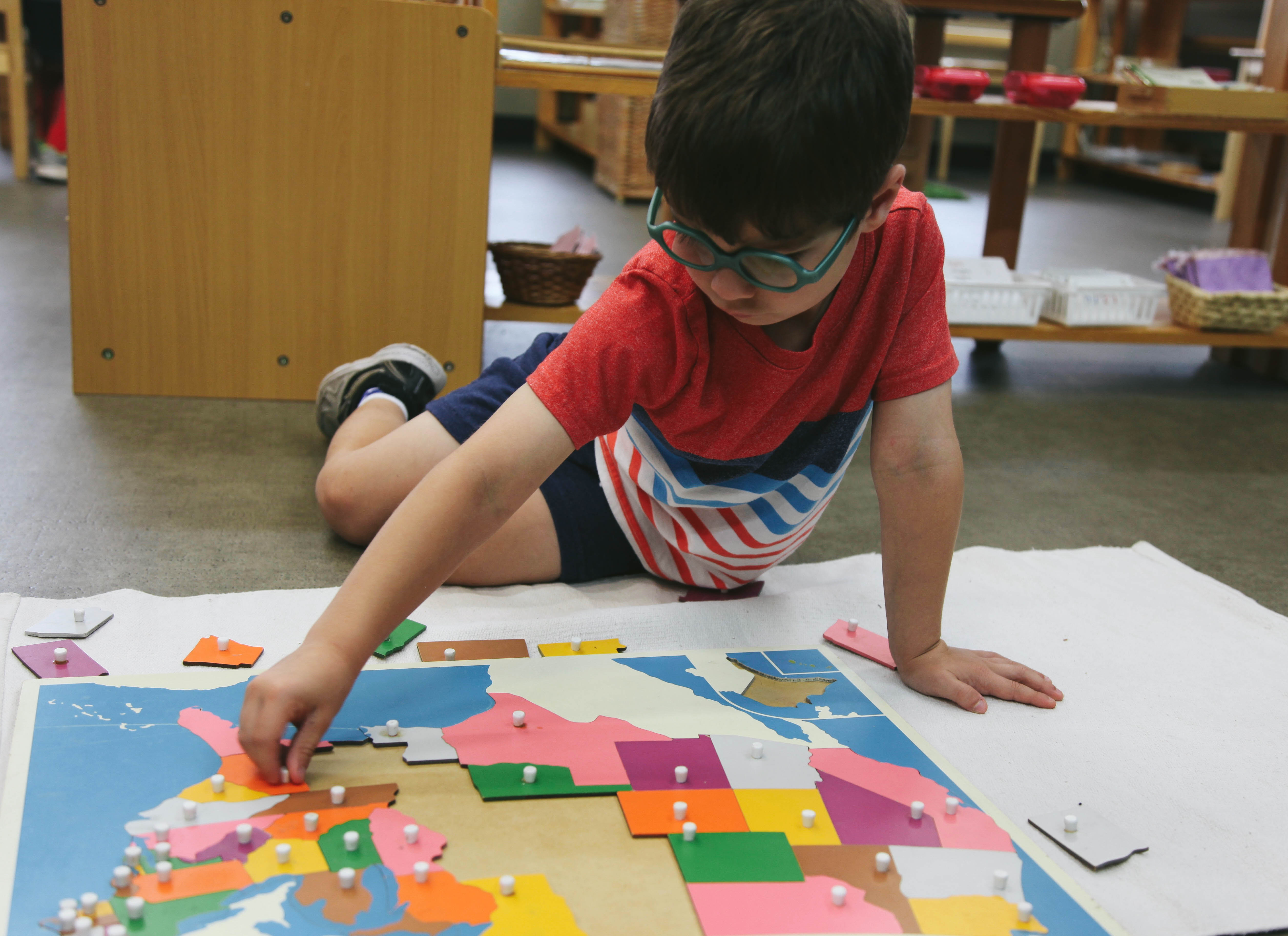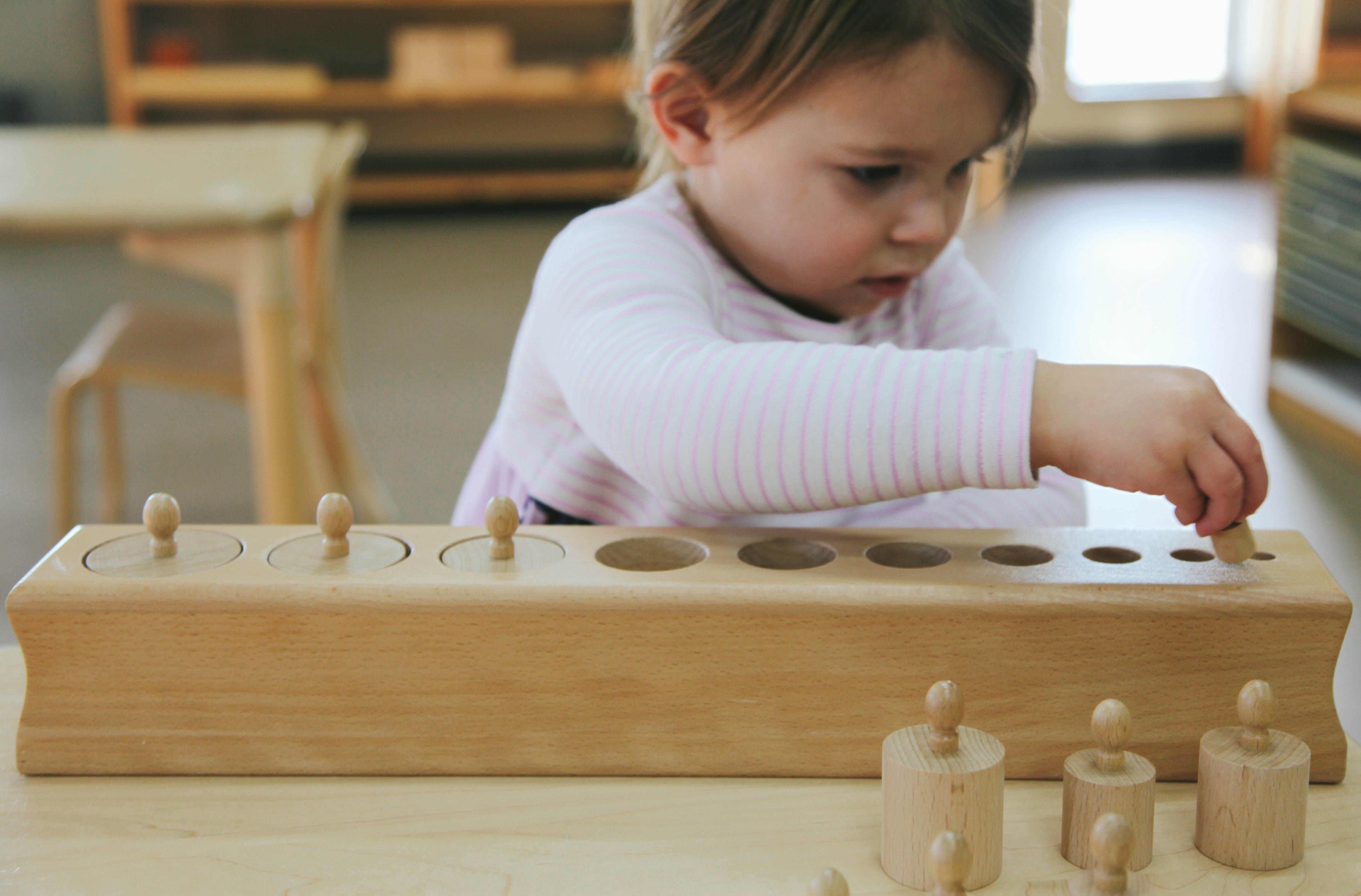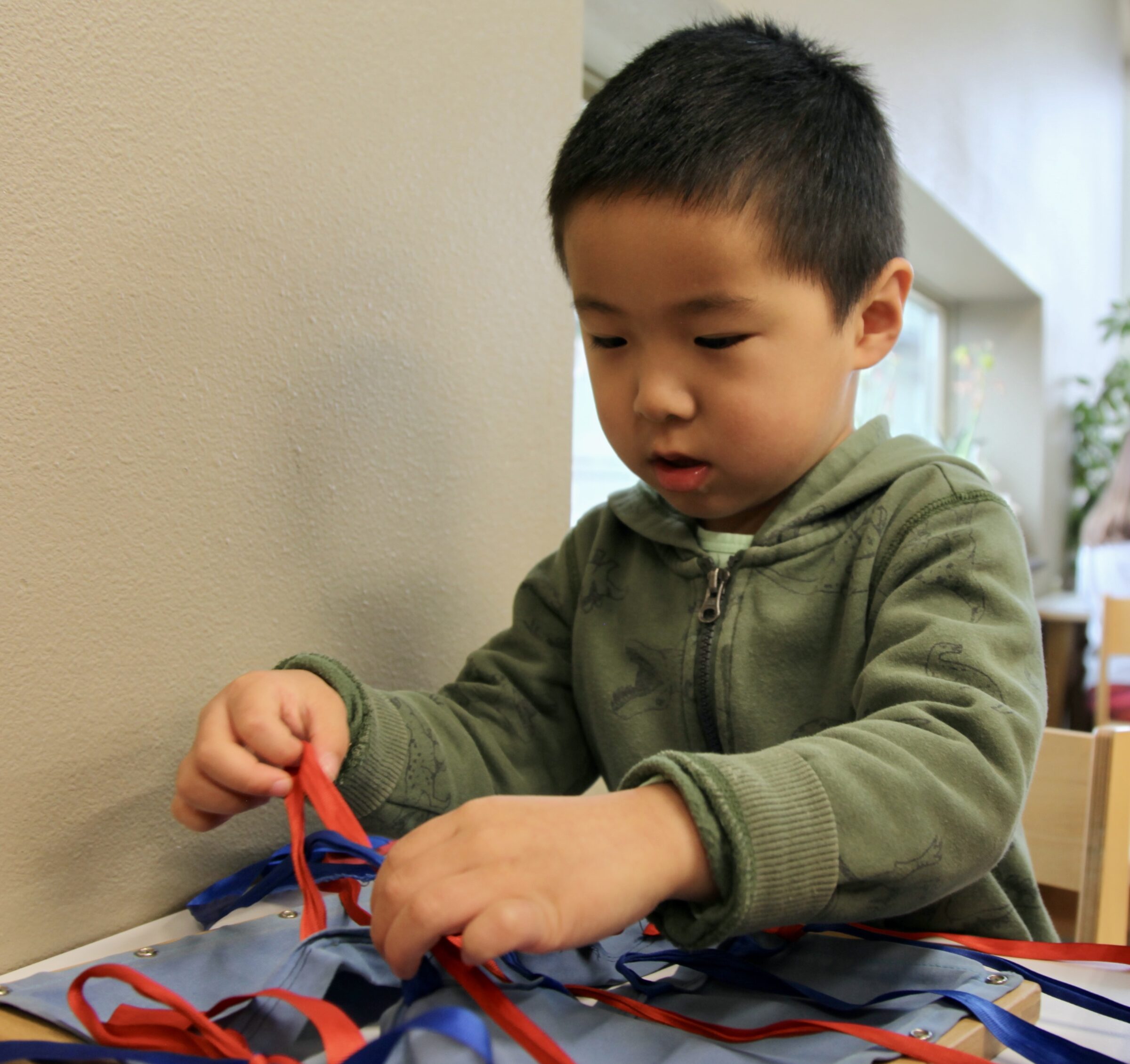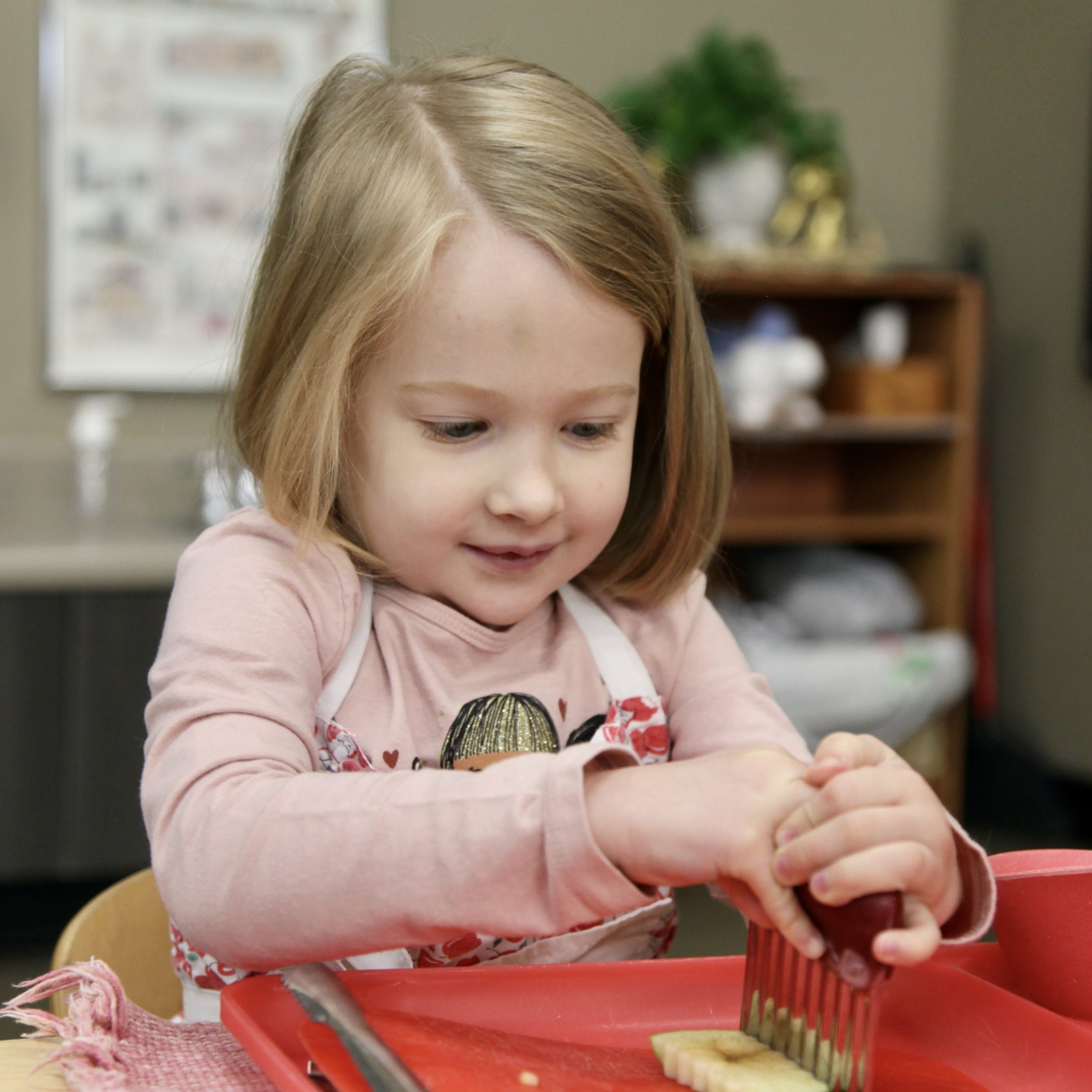Benign Neglect
Thoughts & Reflections
We’re hard-wired to help children. We wouldn’t have survived long as a species if we weren’t. We recognize That Cry in the midst of all other noise. A whispered, “Mom?” will wake one from the deepest slumber, when a telephone ringing or doorbell doesn’t. We will literally do anything for our children — the food from our mouths, the clothing from our backs, you say jump I say how high. Aren’t we lucky there is a love this deep?
It’s natural to want to save a child from discomfort and pain. It’s natural to want to “help.” Help isn’t always helpful.
We try to provide help to children with the following guidance in mind:
As little as possible, as much as necessary.
While this might seem like a Goldilocks moment, what happens when we provide less than necessary?
Help is relationship-building. When we help, we communicate that we can be relied upon, that we mean what we say. My job is to keep you safe, and that doesn’t just mean from cars and the cleaning supplies under the sink, it means your heart, your sense of well-being, your sense of security. You will not worry about being fed or clothed or loved. I will always be here.
In reality, we’re probably much more likely to fall into the opposite camp, providing more help than necessary. Is this really all that bad? If help is relationship-building, am I not just strengthening this relationship?
Maria Montessori writes, “Never help a child with a task at which he feels he can succeed.”
We see situations where children have become encumbered by the help we have provided. A child asking for help before they’ve even tried, or giving a half-hearted effort before deciding they’re incapable. A child feeling every task is insurmountable, since everything is easy for adults and they simply cannot imagine or problem-solve how to get there from here. A child getting themselves into a precarious situation by climbing higher than they should, since there has always been an adult nearby to pick them up and put them down, to catch them.

Yes, yes, but isn’t that my job, to catch the child? What if we rethink this, reframe our role not as catchers but as coaches. My job is not to catch, but to encourage, to build up, to stand on the sidelines and cheer, to have tough conversations and to let fly.
What is in a chrysalis is not a caterpillar and not a butterfly. As the transformation occurs, the stress of breaking out of the chrysalis fully animates the wings; with assistance, the butterfly might not, in fact, be able to fly.
With love, with the best of intentions, sliding too far down one side of the Goldilocks moment of help, we accidentally limit our children’s wings.
When we require children to help themselves first, or at least to give it a genuine try, we see the whole-face-light-up moment of delight and surprise, followed by “I DID it!” A prouder child never walked away from me.
When we do not always solve for a child, but rather let them see us struggle, help them to help themselves, and pave the way for discomfort to happen, we see children approaching problems as puzzles. I do not know yet how to get there from here, but I can start. Whether it’s reading, or a science project, or a dissertation, or moving across the country, we have actually helped with so many problems that haven’t yet happened.
When we sit on the park bench with our book or our phone, carefully watching and actively resisting, we trust a child’s capacities, and in fact support their growth. Balance and body awareness are only things that can be learned through experience. Small falls prevent catastrophic ones, helping children to internalize their edges and equilibrium and spatial reasoning. We don’t start out free climbing Yosemite’s Half Dome, but we get there one playground geodesic climbing dome at a time.
As is so frequently, abundantly clear, Montessori is the long game. It is help for future adventures, psychological safety as much as physical and emotional, education of the whole child for your whole life. When we restrain ourselves from doing things for a child, we open myriad opportunities for doing things with them.
Written by:
Charlotte Snyder



